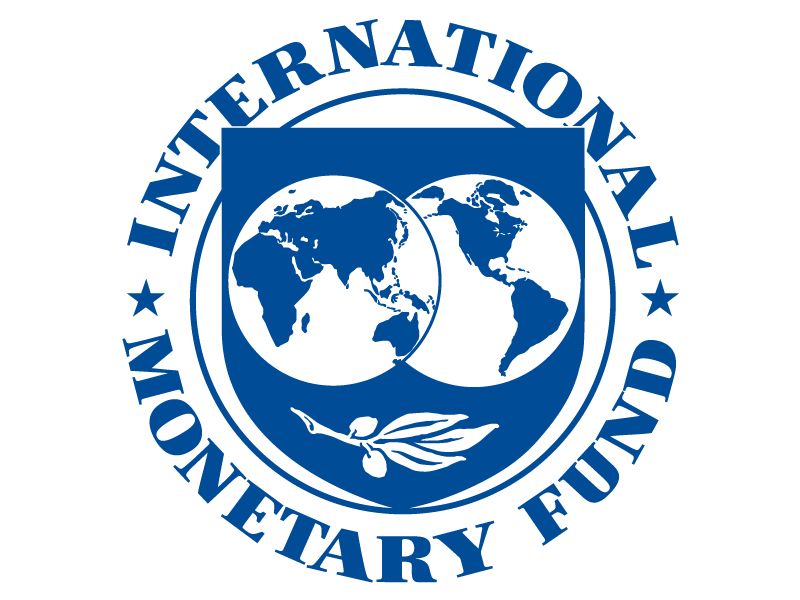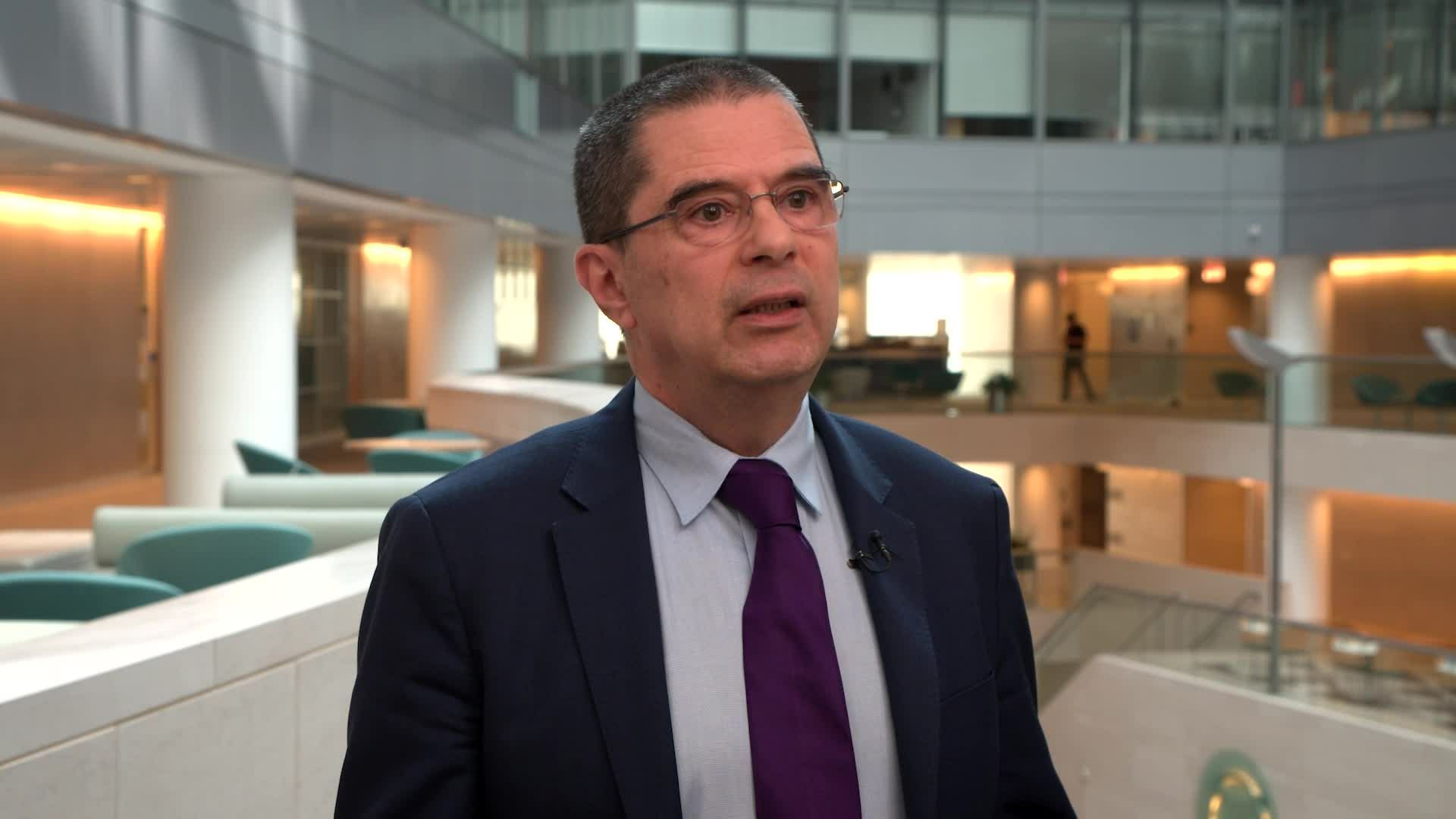The global economic and financial outlook has improved in the last six months, said Vitor Gaspar, Director of the IMF’s Fiscal Affairs Department in a press briefing today April 17 in Washington, DC.
Inflation has fallen, financial conditions have eased, and risks to the outlook are balanced. However, many countries continue to struggle with high public debt and fiscal deficits amid new challenges from high real interest rates and dimming medium-term growth prospects.
“Fiscal deficits and debt turn back up in 2023, posting progress recorded in the previous two years. Debt is higher and growing faster than projected before the pandemic. But global aggregates mask stark divergences across countries. On one extreme, rising trends in China and the US are pushing up global debt. On the other extreme, in poorest countries, scarring from the pandemic is deeper and financing most scars,” said Gaspar.
Fiscal policy shifted to be more expansionary last year after a rapid improvement in debt and deficits in the prior two years. Only half of the world’s economies tightened fiscal policy last year, down from about 70 percent in 2022.
“Up to 2022, fiscal policy in the United States followed the pattern close to other advanced economies. But in 2023 while gradually declines continued elsewhere in the US, the deficit widened unexpectedly in a pro cyclical way. Going forward, U.S. fiscal deficit is projected to stay elevated, driving debt to ever rising heights. That pushes up interest rates and the dollar contributing to tighter funding costs in the rest of the world. Eventually, fiscal policy in the US will have to respond to ensure stability,” added Gaspar.
History shows governments tend to spend more and tax less during election years. Deficits in election years tend to exceed forecasts by 0.4 percentage points of GDP, compared to non-election years. In this great election year, governments should exercise fiscal restraint to preserve sound public finances.
“2024 is an exceptional year. 88 countries around the world have held or will hold general elections. Analysis in the Fiscal Monitor shows that in election years, realized deficits are 0.4 percentage points of GDP higher than budgeted. This time around the context is particularly challenging as demands for public spending and fiscal expansion dominate the political discourse,” explained Gaspar
To read the full report, click here.

